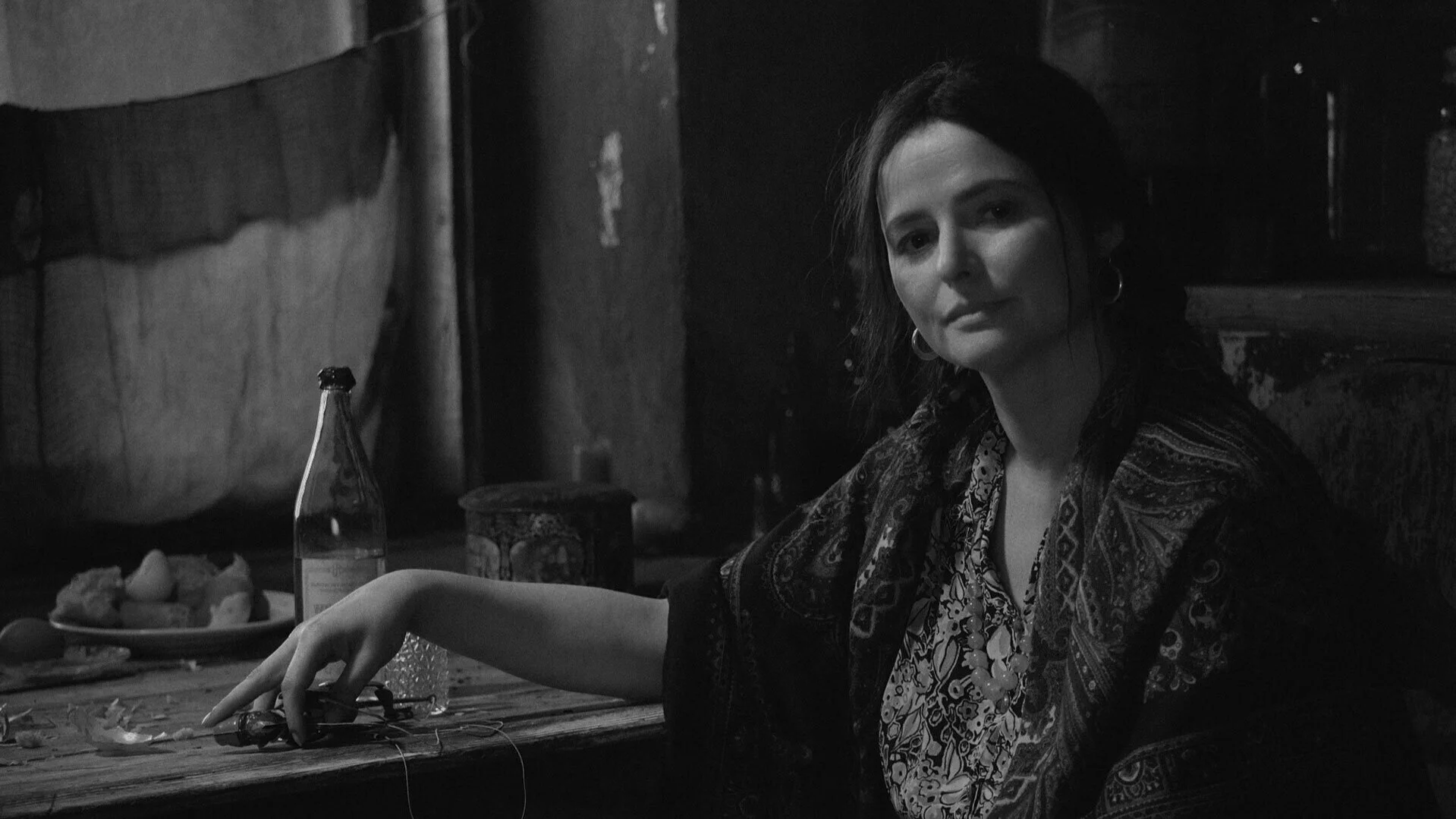Papusza
The life of a Romani poet blends with a wider view of the history of gypsies living in Poland in the 20th century in this ambitious and stylish film.
Despite the continuing efforts of Tony Gatliff to bring the lives of gypsies to the screen, films about them since the groundbreaking Yugoslav movie I Even Met Happy Gypsies in 1967 have been few and far between. Papusza, a remarkable work by the late Krzysztof Krauze and his wife Joanna Kos-Krauze, is firmly in this tradition while also qualifying in another genre. Martin Provost’s popular Séraphine (2008) was a memorable example of a drama taken from life about a primitive artist and, although Bronislawa Wajs known as Papusza was a poet and not a painter, her story is not so different from that of Séraphine Louis. Both women were uneducated and created art untutored. However, since Papusza (1910 – 1987) was a gypsy living in Poland, her story is inevitably one that also touches on the Romany life-style, their sufferings under Hitler and the treatment, sometimes well-intentioned and sometimes rough, that they received at the hands of the authorities (some major episodes here are set in 1949). In putting Papusza in context one should also remember that it was Krzysztof Krauze who in 2004 made My Nikifor about another eccentric naive artist.
In bringing together the personal biography and the subject of the history of the gypsy peoples in the 20th century, Papusza is hugely ambitious. It may have been felt that to tell Papusza’s story out of chronological order added to the impact of the wider picture, but it sometimes confuses and underlines the fact that at 131 minutes this is a long film. One would have welcomed rather more about her poems and also about the disapproval of her people when Jerzy Ficowski promoted her work in a book which they felt had an outsider - a gadjo - giving away secrets about their way of life.
It could be argued that these reservations render my rating for the film too high but, regardless of its failings, Papusza comes across as a highly original and haunting achievement. It is superbly photographed in black-and-white and emerges as a work with a character all its own, one that is linked to its frequent emphasis on long shots, very limited camera movement and its regular fades to black between scenes. Good as the acting is, it is the direction that gives this film its special distinction evoking thoughts of that classic filmmaker Carl Theodor Dreyer. Also exceptional is the impact of the music featured, including a classical piece setting Papusza’s words which memorably accompanies the final scene. Papusza may have its imperfections, but there is much in it that is striking and that proclaims it a true work of art.
MANSEL STIMPSON
Cast: Jowita Budnik, Antoni Pawlicki, Paloma Migra, Zbigniew Walerys.
Dir Joanna Kos-Krauze and Krzysztof Krauze, Pro Lambros Ziotas, Screenplay Joanna Kos-Krauze and Krzysztof Krauze, Ph Krzysztof Ptak and Wojciech Staron, Pro Des Anna Wunderlich, Ed Krzysztof Szpetmanski, Music Jan Kanty Pawluskiewicz, Costumes Barbara Sikorska-Bouffal.
Telewizja Polska S.A./Canal+/Studio Filmowe KADR/Argomedia etc.-New Wave Films.
131 mins. Poland. 2013. Rel: 1 April 2016. Cert. 15.


